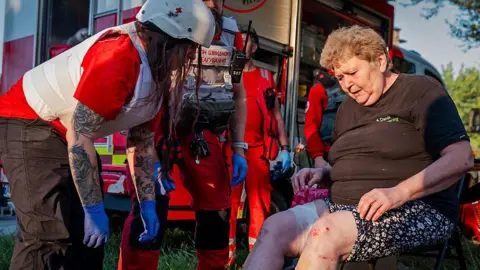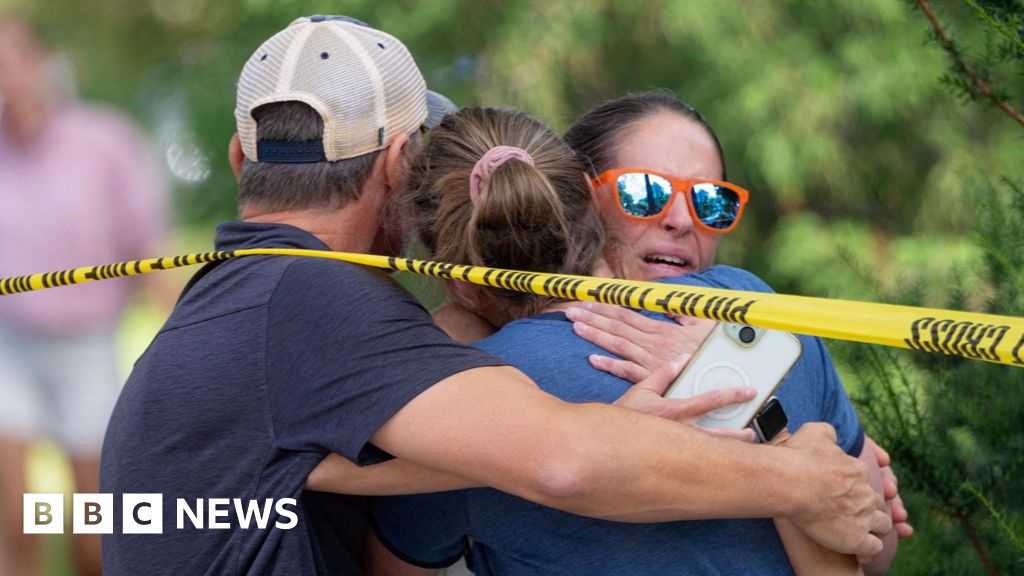Mali's military government has sought to calm anger over a blockade by Islamist militants on major highways where lorry drivers have been facing ambushes and arson attacks.
In a rare acknowledgment of the seriousness of the situation affecting the landlocked country, Prime Minister Abdoulaye Maïga has said measures are under way to improve security on the routes.
The blockade - a potentially serious escalation of Mali's jihadist insurgency - is particularly affecting the supply of fuel, which could cripple the country.
The Sahel region of West Africa is known as the epicentre of global terrorism, accounting for more than 50% of all terrorism-related deaths.
Several analysts suggest that the aim of the al-Qaeda-linked militants is to impose a blockade of the capital, Bamako.
The blockade began with the kidnapping of six Senegalese lorry drivers along the Dakar-Bamako corridor in early September and has now expanded to two critical locations: the Kayes region, which is crucial for food supplies entering from Senegal, and Nioro-du-Sahel, linking Mali with Mauritania.
Reports indicate that Islamist fighters have set up checkpoints to extort "taxes" from traders while torching supply vehicles.
"Economic asphyxiation" appears to be the militants' strategy, aiming to disrupt supplies and directly threaten Bamako's economic stability.
As the blockade continues, the Malian military has attempted to downplay the situation but acknowledges a range of offensives against militant camps. Yet fear pervades local populations as transport companies halt operations due to security concerns.
Kayes region is particularly vital, accounting for a large share of Mali's gold production and serving as a crucial trade hub. The blockade poses a risk not only to local livelihoods but also to Mali's overall stability, suggesting a concerning rise in the influence of jihadist groups in the area.



















